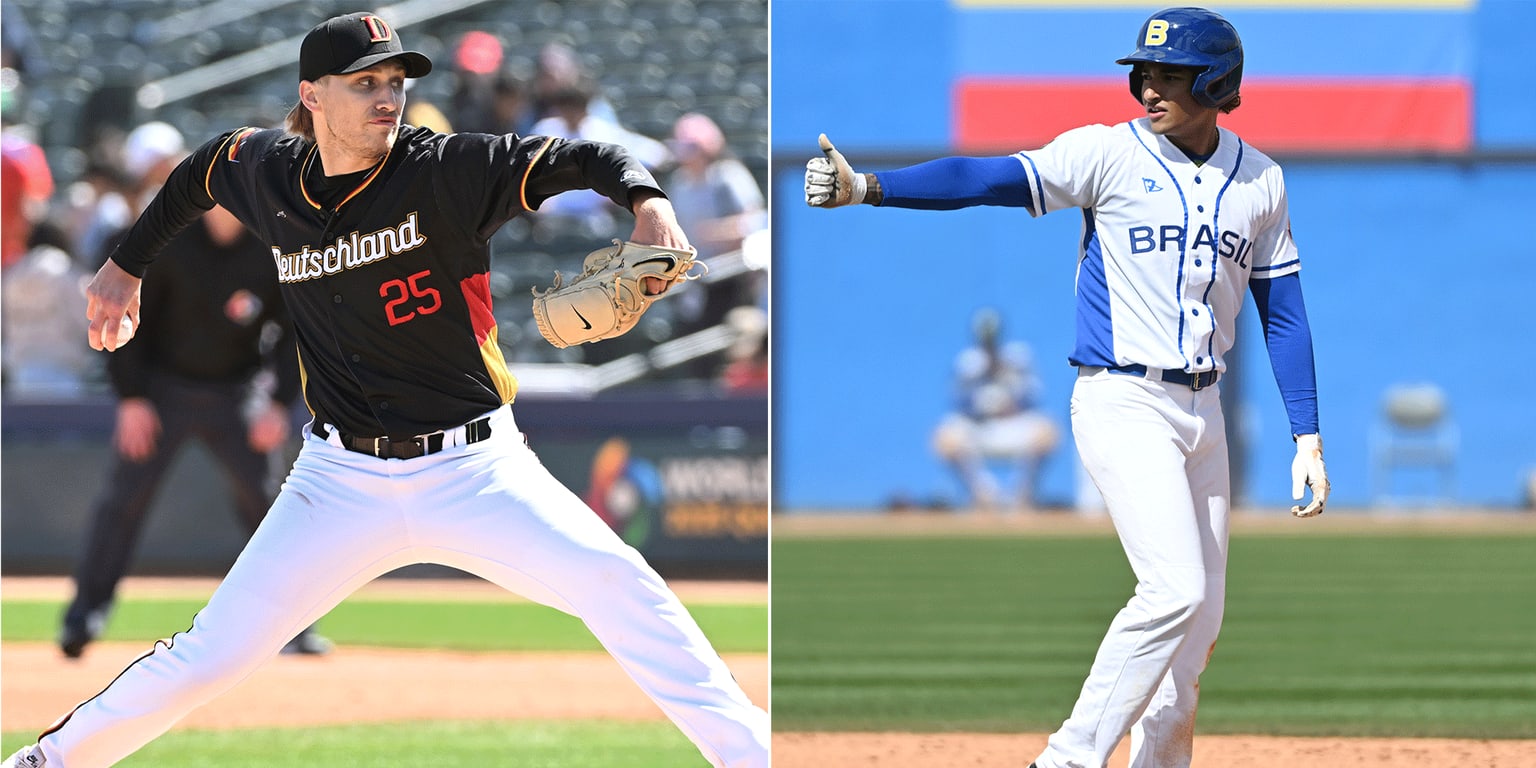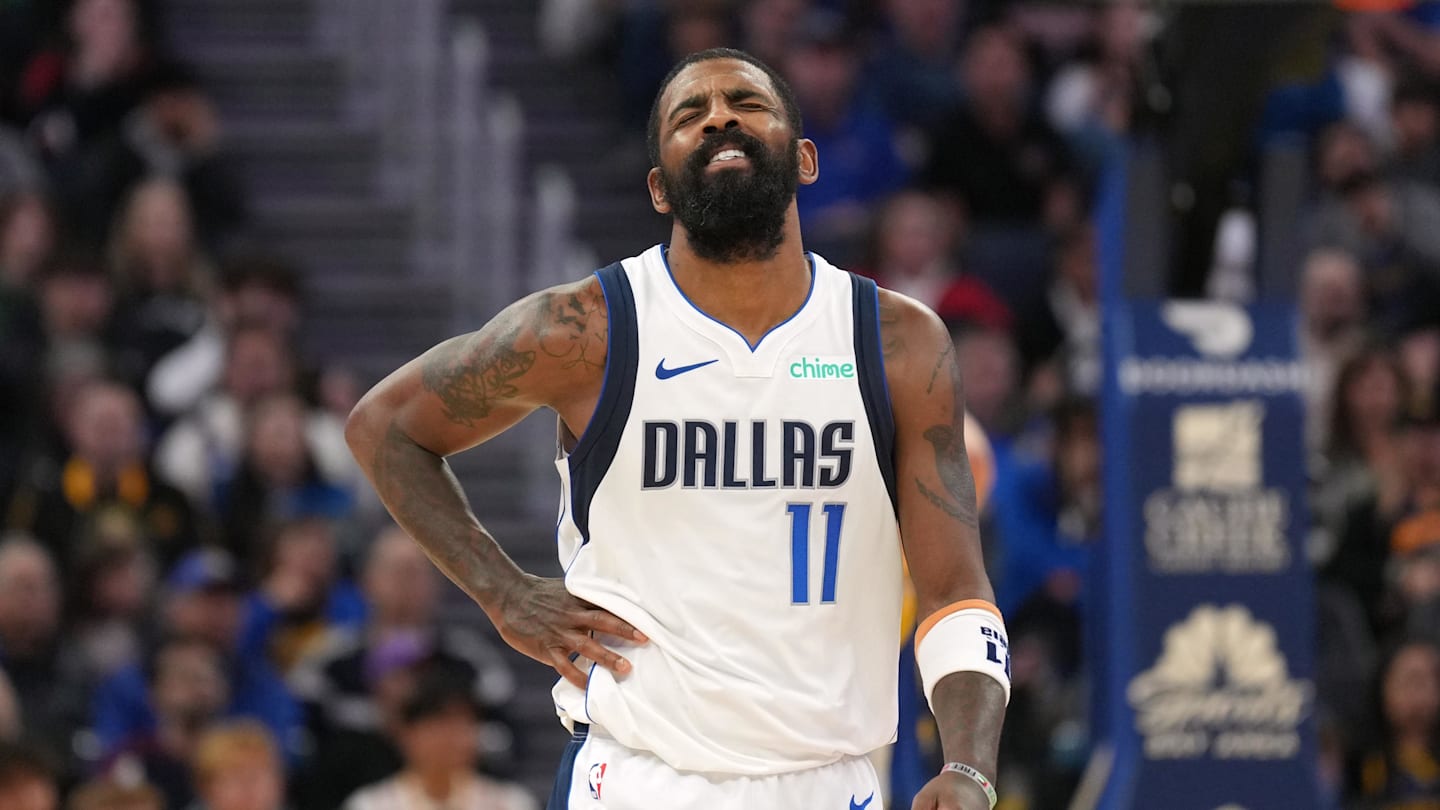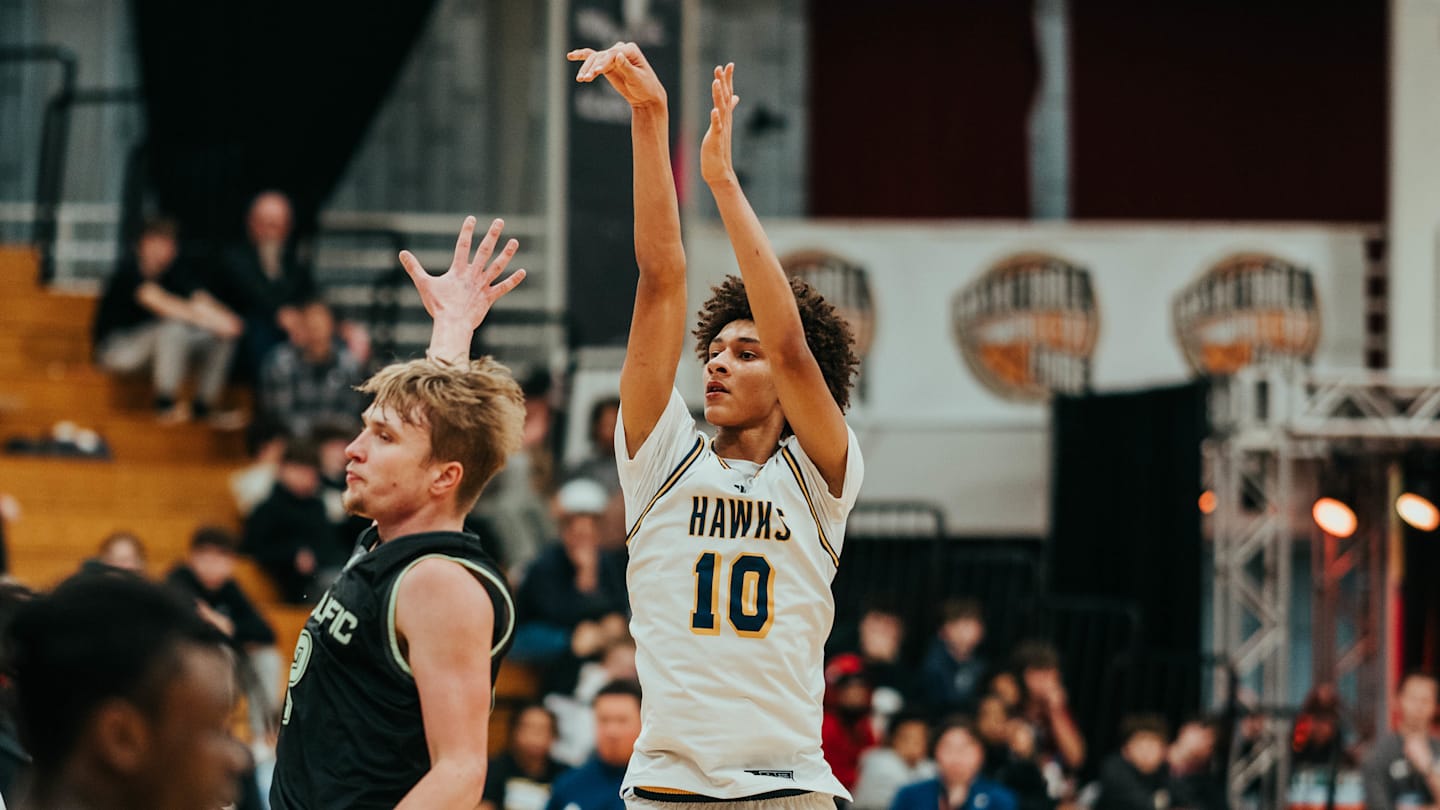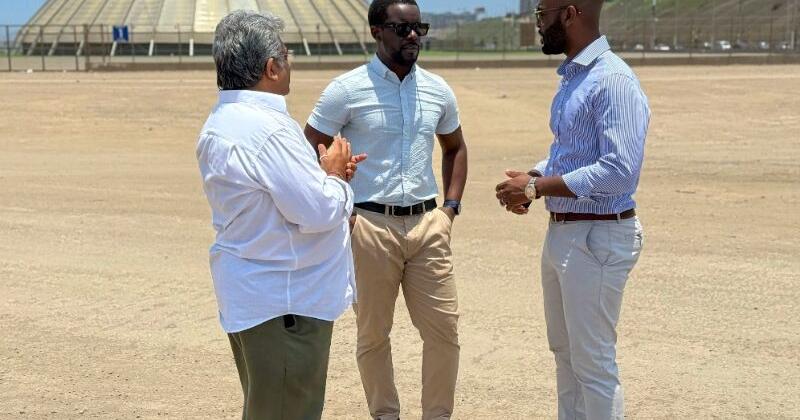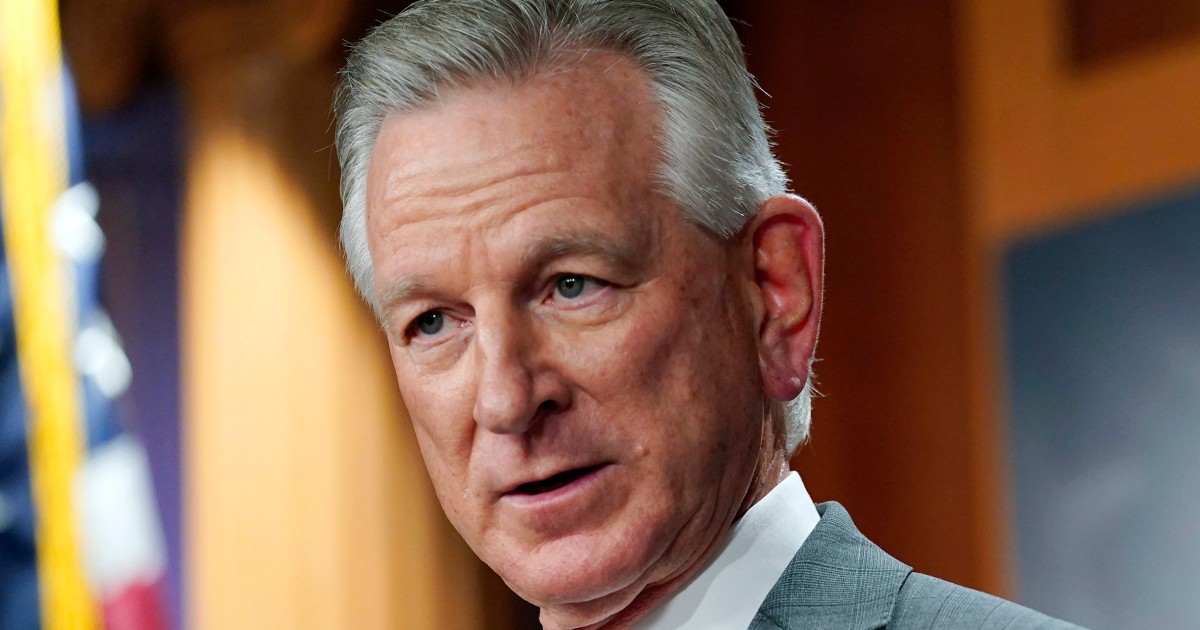Djokovic defeats Alcaraz for Olympic gold to clinch ‘biggest success in career’

Even as Novak Djokovic’s era of dominance touched every other significant tournament in the world, as he swept up every grand slam title, all Masters 1000 events and compiled more weeks at No 1 than any other player in the sport’s history, the Olympics remained a void that he just could not fill. His lifelong pursuit of a gold medal has led to some of the most excruciating moments of his career, forcing him to find his way back from defeats that could have easily broken him.
Few triumphs in his career have been straightforward and his success over the past 16 years has been driven by his peerless resilience; his ability to rebound, to put himself under fire once more and eventually find a way through.
In surely his final realistic Olympic opportunity at the age of 37, Djokovic refused to let the moment pass him by as he produced a sublime performance to hold off Carlos Alcaraz 7-6 (3), 7-6 (2) in two brutal, quality sets and become a gold medallist at last. He is the oldest tennis player to win an Olympic singles gold medal, which he achieved without dropping a set.
While Djokovic had previously considered his role as Serbia’s flag bearer in the opening ceremony of London 2012 the proudest moment of his career, on Sunday it changed: “This kind of supersedes everything that I imagined, hoped, that I could experience and that I could feel,” he said.
On this very same court exactly two months ago, he tore his meniscus during his French Open fourth-round match and he underwent surgery a day later. His run to the Wimbledon final on his return was remarkable in itself, but he was then flattened by Alcaraz. In light of that defeat, he began the Olympic final as the clear underdog.
From the beginning of his time on Court Philippe-Chatrier, however, Djokovic made it clear that this would be different. He flew out of the blocks, striking the ball with depth and penetration as he looked to take the ball early and take time from the Spaniard. As Alcaraz soon found his rhythm, eviscerating forehands and maddening Djokovic with his incredible defence, the intensity was sky high throughout. Djokovic continued to serve extremely well, kept Alcaraz guessing with smart net forays and showed impeccable shot selection.
In the ensuing tie-break, as Alcaraz’s error count continued to rise, at 3-3 Djokovic stormed ahead with an incredible angled forehand return winner. He never looked back, ending a masterpiece of a 92-minute set with a drop-volley winner at full stretch.
While an intensity drop after such a tough set would have been logical, Djokovic refused to let up, generating an early break point on his opponent’s serve in set two. But Alcaraz matched his level throughout the set and they reached another tie-break. With the gold medal so close, Djokovic threw himself at every last ball and he attacked his forehand without hesitation. In his absolute desperation to win, he elevated his level in the final stretch, playing a dominant tie-break to seal an unforgettable win.
“I don’t think I’ve ever played, maybe, I don’t know, a few times in my life, on such a high level, intensely for three hours, only two sets,” he said.
After greeting his beaten rival warmly at the net, Djokovic collapsed to the ground by the service line and wept tears of joy and relief, his hands shaking. He eventually returned to his seat and sobbed into his towel before climbing into the crowd with a Serbian flag and crying on the shoulders of his family and team members. As Djokovic tearfully celebrated, Alcaraz had to stop his interview with Eurosport as he, too, broke down in tears. Later, Alcaraz said his tears were because he felt that he had “let all the Spanish people down” with his defeat. After composing himself, he expressed his pride after an incredible week in his career. “I think I made them proud. I made them believe in a certain way and I’m proud about the way that I represented my flag.”
Djokovic’s triumph is an extraordinary achievement for so many reasons. Before this year, he had been to the semi-finals of the Olympics on three of his four appearances, each run ending in an excruciating defeat. His Olympic dreams were so big that he had never been able to play with his usual clarity in the decisive moments of these events.
This season has also been extremely difficult for reasons beyond his recent injury and he had not managed to win a title all year. It would have been natural for him to wonder whether he had reached an inflection point in his journey and if his age was finally catching up with him. Instead, his resilience has yielded one of his greatest triumphs.
“When I take everything in consideration, this probably is the biggest sporting success I’ve ever had in my career,” he said.
Related
Djokovic in way of Alcaraz’s bid for desert 3-peat
INDIAN WELLS, Calif. -- Carlos Alcaraz could run into Novak Djokovic in the quarterfinals in his quest for a rare Indian Wells three-peat, while defending women
The American ATP player who Rafael Nadal said had a…
American tennis is back on the up and Rafael Nadal saw a revival coming back in 2022 around the time when Indian Wells was taking place. The BNP Paribas Open w
Baseball is king when sons of sports royalty face off
Sons of Manny Ramirez, Andre Agassi face off \n\n","providerName":"Twitter","providerUrl":" did
Andre Agassi and Steffi Graf’s son Jaden endures nightmare baseball…
Jaden Agassi lasted less than an inning for Germany against Brazil on Monday By JAKE NISSE Published: 20:16 GMT, 3 March 2025 | Updated: 20:


